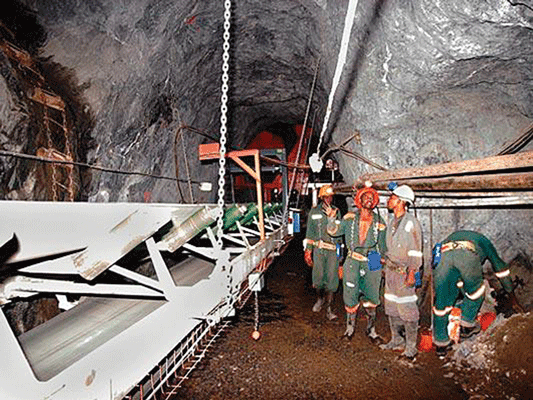
THE Zimbabwe Environmental Law Association (Zela) this week called on the government to reveal the value of potential revenue it forfeits due to special tax incentives extended to investors, mostly foreign-owned.
This was an important observation.
For many years, companies have accessed prime land and developed industries benefiting from tax holidays and other incentives.
While this is important, given that competition for investment is high, and those destinations offering investors the best packages are attracting investment, including foreign direct investment, we should not lose sight of the bigger picture.
It is important to balance between investment and the need for tax revenue.
In the case of investment into resource industries, the products extracted from the ground are exhaustible, hence Zimbabweans must derive maximum benefit from them as they are exploited.
Companies that enjoyed tax incentives include oil firm Invictus Energy Limited and Caledonia Mining Corporation while others like Great Dyke Investments and Huawei Technologies Co Ltd were exempted from paying tax for certain periods.
This is why organisations like Zela are now wondering how much foreign currency revenue the government has foregone to the benefit of companies, some of them with headquarters in tax havens.
- Chamisa under fire over US$120K donation
- Mavhunga puts DeMbare into Chibuku quarterfinals
- Pension funds bet on Cabora Bassa oilfields
- Councils defy govt fire tender directive
Keep Reading
It is curious that this is being done when the government is broke as evidenced by a public debt of US$13,7 billion as of September.
The need to protect Zimbabwean resources is of paramount importance whether the country wants to attract investment or not.
This is what advanced countries do and there is nothing wrong with that given that our resources cannot be recouped. We are not against investment and we are aware it is the major driver of development.
But government must not be desperate to the extent of surrendering everything for a song.
That will be a disservice to future generations. That government decisions have a bearing on the quality of life for future generations is not in doubt, thus great care should be exercised where natural resources are involved.
Zimbabwe’s land, fisheries, wildlife, and even modern industries must be exploited for the benefit of the country.
Anything short of this would be detrimental to the development of the country. We owe it to future generations.
Government must immediately take action and review these deals and make sure we don’t mortgage our children’s inheritance for the benefit of a few.











